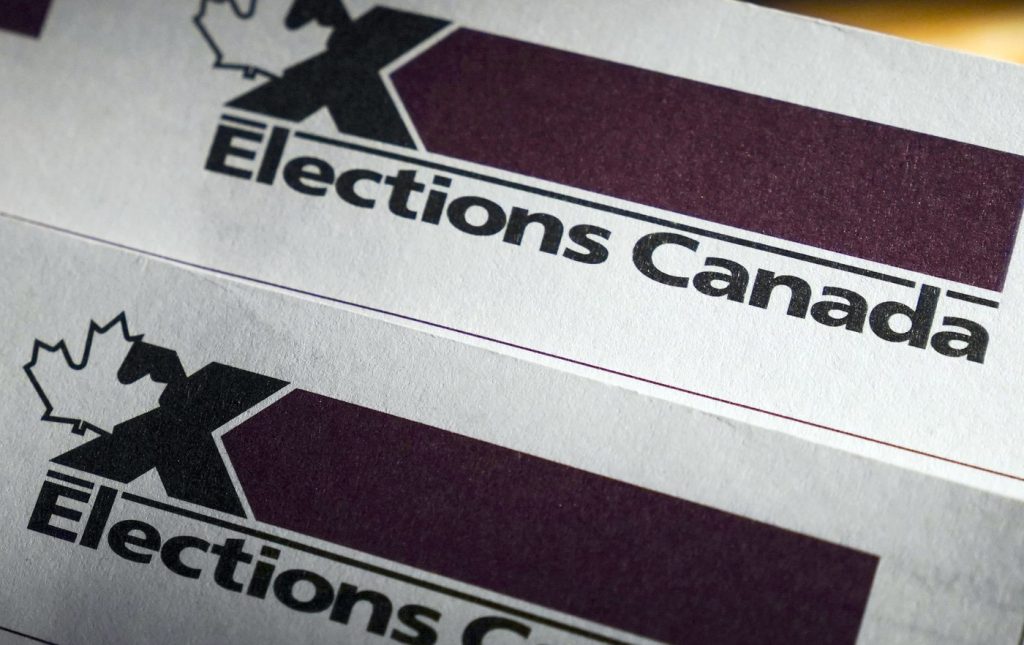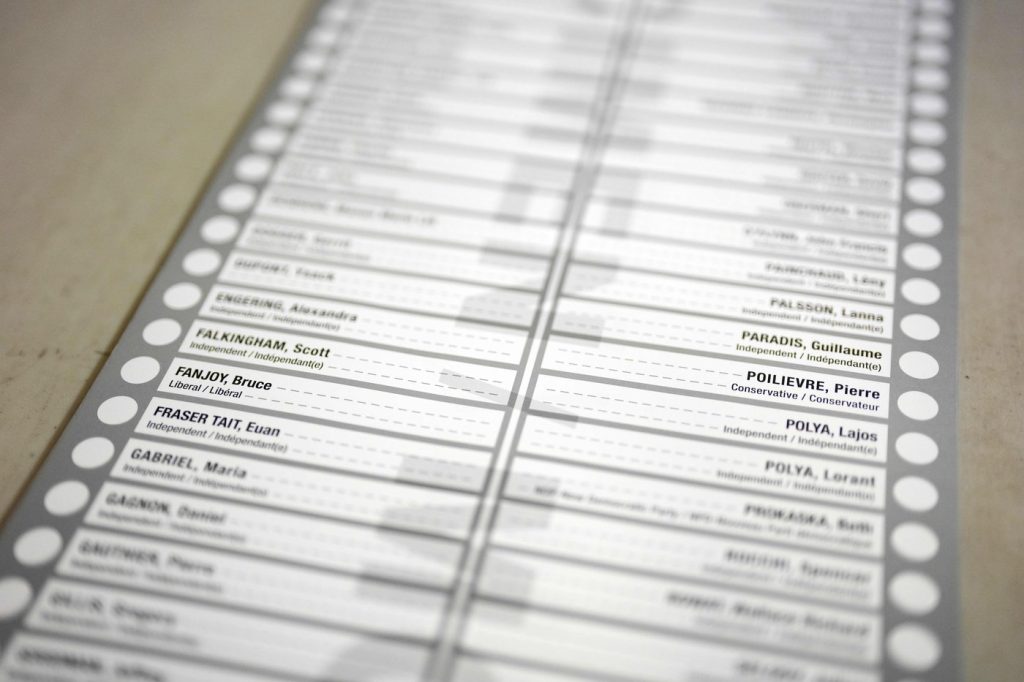Canada's new federal government, led by Prime Minister Mark Carney, faces a pressing agenda as the parliament reconvenes in May after recent elections. Carney, having taken over from Justin Trudeau just days before calling a snap election, is busy establishing his administration's structure. This includes onboarding new members of parliament (MPs) through an orientation program designed to help them understand their roles and responsibilities.
Establishing the Prime Minister's Office
Following the election, Carney returned to Ottawa to set up his incoming government. His swift ascent to power, characterized by an expedited Liberal Party leadership race, was marked by the appointment of Marco Mendicino as his interim chief of staff. Mendicino has been actively involved in transition meetings, although it remains uncertain whether he will continue in this position or if Carney will select a new chief of staff.
The Prime Minister's Office (PMO) is crucial, staffed with individuals focusing on various functions such as policy, research, communications, and parliamentary affairs. Carney’s plans for the PMO may involve reshuffling staff to align with his governance style and to effectively address the challenges of a minority government.
Cabinet Formation
Carney's immediate focus will also involve establishing a new cabinet. His first act as prime minister was to preside over the swearing-in of a streamlined cabinet, which he reduced from 37 to 24 members. This new cabinet includes many former members of Trudeau’s administration, ensuring experienced governance amid challenging international relations, particularly regarding dealings with U.S. President Donald Trump and trade tariffs.
As parliament is set to reopen on May 26, speculation surrounds whether Carney will maintain or alter the current cabinet composition. Amendments may be necessary to balance loyalty and representation from across Canada, especially since the Liberal Party now has MPs in all provinces and two territories.
Leadership Changes in Opposition Parties
The Conservative Party's leadership landscape has shifted dramatically. Pierre Poilievre's loss in his Ontario riding means he cannot represent the party in the House of Commons unless he secures a seat through a byelection. If Poilievre retains his leadership, a sitting MP would need to vacate their seat to trigger such a byelection. Here, historical precedence for a parliamentary leadership arrangement exists, pending Poilievre's return.
Meanwhile, the New Democratic Party (NDP) faces a more complex situation. With leader Jagmeet Singh losing his seat and announcing his intention to resign, the NDP currently operates with just seven MPs, lacking official party status. This limited representation reduces their voice in parliamentary proceedings and funding, leaving them to appoint an interim leader while deciding their future.
Logistical Considerations for Leaders
In addition to political responsibilities, logistical details surrounding the living arrangements of the leaders are emerging. Carney is expected to move to Rideau Cottage, as 24 Sussex Drive remains uninhabitable. Conversely, it is still uncertain how Stornoway, the official residence for the Leader of the Official Opposition, will be utilized following Poilievre's defeat.
Committee Structures and Governance
Committees play a pivotal role in parliament, overseeing governmental operations and debating proposed legislation. The upcoming 45th Parliament will require the composition of its 25 standing committees to align with the current representation, which will directly impact the passage of future bills. The Liberals need to negotiate with other parties, particularly the Bloc Québécois, for operational effectiveness, considering the NDP's diminished status.
Speaker of the House of Commons Election
The election of a new Speaker is another priority. As a key figure regulating debates and ensuring adherence to parliamentary rules, the Speaker must maintain impartiality. The vote, initiated when parliament reconvenes, is conducted via a ranked ballot in secret.
Upcoming Legislative Actions
The Speech from the Throne will formally open the new session of parliament, outlining the government's agenda, while MPs must vote on it as a matter of confidence. Additionally, Carney’s government must present a budget for the upcoming fiscal year, amid economic challenges intensified by international trade tensions.
Carney's tenure is further complicated by Canada's hosting of the G7 summit in June, prompting immediate diplomatic engagements aimed at strengthening international relations. As he prepares for these summits and outlines his government’s priorities, Carney’s administration is tasked with navigating a multifaceted political landscape.











